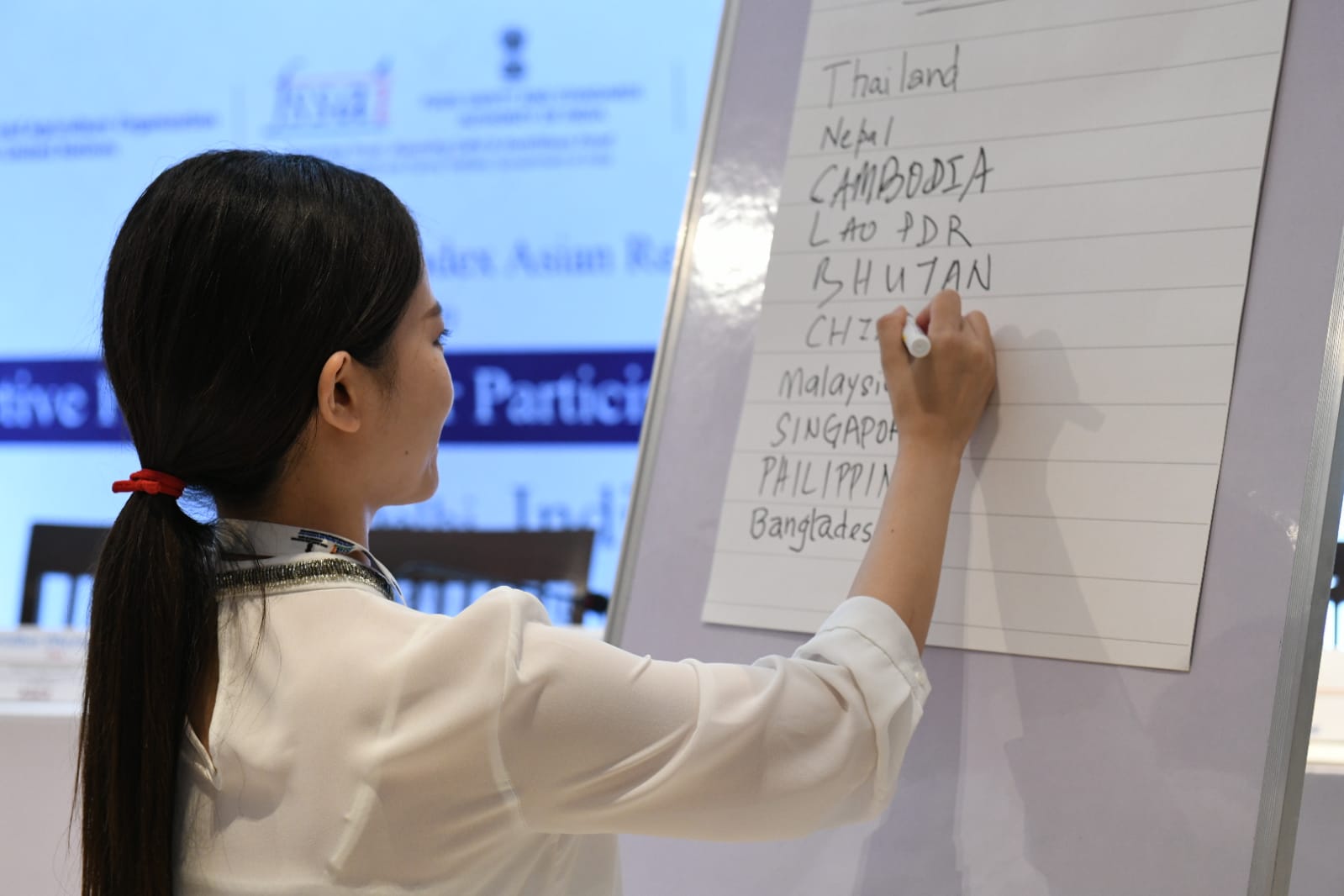17 countries meet in India for Codex online tools workshop
A two-day training workshop started in Delhi today to enhance the ability of 17 Asian countries to operate successfully in the Codex Alimentarius international standard-setting environment. Led by the Codex Alimentarius Secretariat, the sessions are focussed on the electronic systems and tools including: the new Codex website; Online Commenting System (OCS); Digital platform for Electronic Working Groups (EWG) and other web-based tools, such as the platform to collect information on Member countries’ food safety control systems.
The workshop will further the skills and knowledge of 30 national Codex committee staff members based in Bangladesh, Bhutan, Cambodia, China, India, Indonesia, Japan, Lao PDR, Republic of Korea, Malaysia, Maldives, Mongolia, Nepal, Philippines, Singapore, Sri Lanka and Thailand.

In opening the proceedings, Pawan Agarwal, Chief Executive Officer of Food Safety and Standards Authority of India (FSSAI), spoke about the ‘unique arrangement’ of the Codex Alimentarius Commission, which sees two UN bodies come together and do ‘a remarkable job in an area that is so critical for our existence’. “Food is something that touches the lives of all citizens. And to put together a framework to ensure safe food is an extremely challenging task,” he said, expressing confidence that the workshop will benefit participants and ensure their voices are heard.
Gyanendra Gongal of the WHO Regional Office for South-East Asia provided an overview of food safety issues in an increasingly globalized world. “A food producer in one country can affect the health of consumers in another part of the planet,” he said, emphasizing that food safety is a shared responsibility. According to Gongal, among the challenges emerging for food safety are: food fraud, genetically modified organisms, antimicrobial resistance, online shopping, the use of social media not for risk communication but for disinformation and whole genome sequencing.
“Codex provides a neutral forum for member countries to voluntarily participate and contribute to the formulation of food standards,” Sridhar Dharmapuri of the FAO Regional Office for Asia and Pacific told the group. He continued, “The participating countries benefit from having agreed common standards which they can use to enhance mutual and regional trade in food commodities and promote economic growth.”
During the course of the meeting, participants will also have an opportunity to discuss the Regional Coordinating Committee meeting scheduled for 2019.
The training activities support the Codex Strategic Plan (2014-19), in particular, strategic goal 3 which is about facilitating the effective participation of all Codex Members.
Read more about the Codex Asia Region: http://www.fao.org/fao-who-codexalimentarius/committees/codex-regions/ccasia/about/en/
Categories
- (11)
- (3)
- Animal Feed (8)
- Antimicrobial Resistance (39)
- Antimicrobial Resistance (78)
- CAC46 (15)
- Codex Texts (20)
- Codex Trust Fund (1)
- Codex60 (19)
- Contaminants (13)
- Contaminants (10)
- COVID-19 (64)
- Elections (6)
- Food Safety (126)
- Labelling (10)
- Nutrition and Labelling (5)
- Nutrition and Labelling (7)
- Observers (23)
- Pesticides (7)
- Standards (78)
- World Food Safety Day (154)


